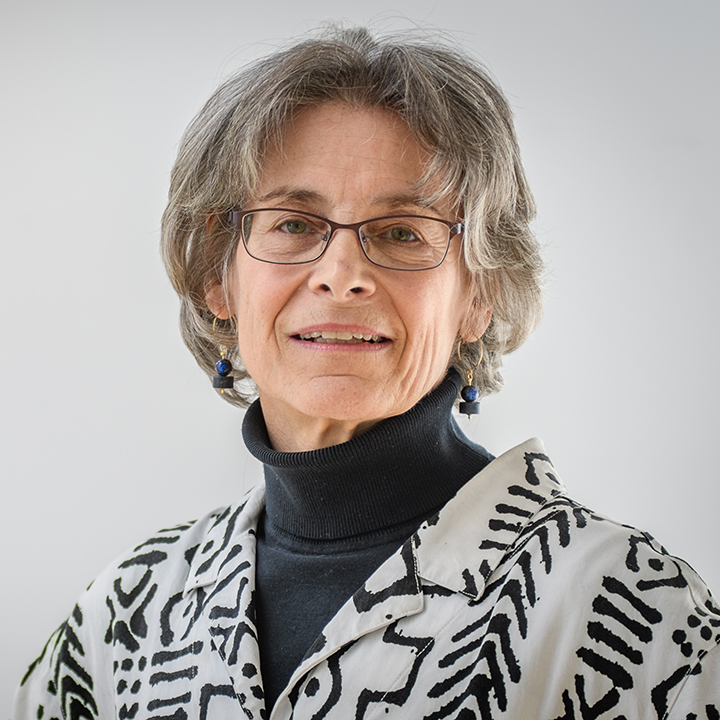Professor Michaels holds a B.A. from Barnard College (1975), and an M.A. (1976) and Ph.D. (1981) in Education (Language and Literacy) from the University of California, Berkeley.
Prior to coming to Clark in 1990, Michaels served as Director of the Literacies Institute in Newton, MA, funded by the Mellon Foundation. She also directed projects on language and schooling with funding from the Spencer Foundation, Carnegie, and the Department of Education, while serving as a Research Associate and Instructor at the Harvard Graduate School of Education. She has been the PI or Director of grants and programs (from foundations, state and federal agencies, and private donors). A sociolinguist by training, she has been actively involved in teaching and research in the area of language, culture, “multiliteracies,” and the discourses of math and science. She was the founding Director of the Hiatt Center for Urban Education and works to bring together teacher education, educational research on classroom discourse, and district-based efforts at educational reform. She is currently the Senior Research Scholar of the Jacob Hiatt Center for Urban Education. Dr. Michaels is also affiliated with the programs in Communication and Culture and Urban Development and Social Change.
Professor Michaels is currently involved in a variety of research projects which focus on academically productive talk in math, science, and English language arts, from pre-kindergarten through high school. In these projects, she is working on curriculum and professional development so that it focuses central attention on rigorous, coherent, and equitable classroom discourse. As one example of this work, she completed a book for the National Research Council (co-authored with Andy Shouse and Heidi Schweingruber) called Ready, Set, Science!: Putting Research to Work in the K-8 Science Classroom. Michaels is also a co-author of the CD-ROM suite of tools, Accountable Talk: Classroom Conversation that Works (in collaboration with the Institute for Learning at the University of Pittsburgh), which is currently being used in large urban districts throughout the country. In promoting teacher research, she works to support teachers as theorizers, curriculum innovators, and educational leaders who use the tools of ethnography and discourse analysis in generating new and useable knowledge for improving instruction and student learning in their own and others’ classrooms.


